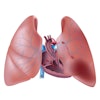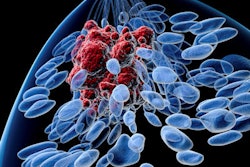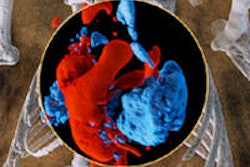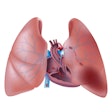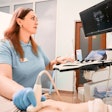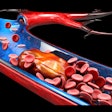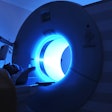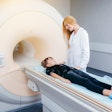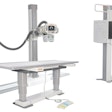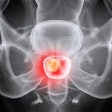A type of spectrometry imaging may help reduce the number of additional surgeries for women with breast cancer, according to research published online in the Proceedings of the National Academy of Sciences.
Researchers at Brigham and Women's Hospital found that desorption electrospray ionization (DESI) mass spectrometry can help surgeons better distinguish cancerous breast tissue from normal tissue, decreasing the need for repeat operations.
Up to 40% of patients undergoing breast cancer surgery require additional operations because surgeons may fail to remove all of the cancerous tissue in the initial operation, according to lead study author Nathalie Agar, PhD, and colleagues. DESI mass spectrometry imaging turns molecules into ions, which can then be identified by their mass. By analyzing the mass of the ions, the contents of a tissue sample can be identified.
For the study, Agar and colleagues used the tool to examine lipids in 61 samples of cancerous breast tissue and healthy tissue taken from 14 women who had undergone mastectomies. The researchers then used a software program to characterize and detect boundaries between healthy and cancerous tissue. They found that some fatty acids, such as oleic acid, were more common in breast cancer tissue than normal tissue.
"Our findings demonstrate the feasibility of classifying cancerous and normal breast tissues using DESI mass spectrometry imaging," Agar said in a statement released by Brigham and Women's Hospital. "The results may help us to move forward in improving this method so that surgeons can use it to rapidly detect residual cancer tissue during breast cancer surgery, hopefully decreasing the need for multiple operations."

